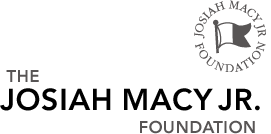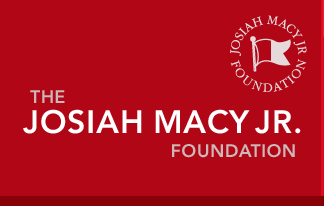Our Grantees
Across the Foundation’s priority areas, our grantees are working to improve the health of the public through innovative research and programs. The Foundation awards up to 40 grants on a rotating schedule each year.
Establishing Standards for the Clinical Doctorate in Nursing
When Columbia University and its medical center expanded the roles of nurse practitioners in 1993, it was clear that the training then available to achieve “advanced practice” nursing status was not adequate for the expanded primary care roles being taken by nurses. Too, at that time nursing was the only health professional field that lacked a doctorate, prompting the School of Nursing to develop a Doctor of Nursing Practice degree program. Funded by federal and state sources and by the Kellogg Foundation, the program was given a mandate to evaluate its impact. In 1999 Columbia formed a Council for the Advancement of Primary Care and also decided to formalize the new doctorate program. A year later a major report in the Journal of the American Medical Association showed no difference in quality of care or outcomes whether primary care providers were physicians or nurses trained in the new program.
Last year Columbia University formally approved the DrNP program. The availability of primary care nurses with advanced training also addresses a serious shortage of nursing school faculty trained in primary care, since the research doctorate has been the only route available to those who seek an academic career in nursing. This new doctorate eventually will help “balance” nursing school faculties more evenly between research and clinical nursing.
The need for a clinical doctorate in nursing has become so widely recognized that more than 40 nursing schools now have programs in various stages of development. The Council for the Advancement of Primary Care has recognized the risk posed by hurried planning for such programs and concluded “the most critical challenge is to assure that common standards for clinical competencies are adopted by schools that award this degree.”
With this grant, the Columbia faculty and the Council are developing a data-based model curriculum for national use and a consensus document on standardized and measurable competencies for all graduates, and are designing a national certification test for DrNP graduates. Students for the project are being drawn from a nation-wide pool for a course of full-time study, so some financial aid is included to permit adherence to the nursing school’s “needs-blind” policy.
Twenty students, including five “Macy Fellowship” students, are in the first adult primary care class. They are developing an evaluation plan to test the model curricula and refine or revise competencies and will also define specifications for residency and graduate positions as well as developing a pediatrics nursing curriculum for the next year.
The second year class will evaluate competency achievements of the first group, refine curricula and establish further criteria and measurements of competencies. A third year class will assess the competency of the second year students and follow up the first graduates regarding their positions and outcomes.
The council will evaluate progress and, in the third year, pilot test the certificate examination for graduates of the first two years. Results will be published and a conference for legislators, payers, public and professional groups, including AARP, National Quality Forum, AAMC, American Board of Internal Medicine and the American Association of Colleges of Nursing, is planned for the final year both to validate the program and to extend its reach.
The work will continue through a number of activities once Macy funding is completed. These include:
- Establishing a national certifying exam for the DrNP graduates;
- Seeking funding for faculty fellowships to allow schools contemplating this degree program to send faculty to Columbia to be prepared as faculty and program directors;
- Working with the American Association of Colleges of Nursing to achieve program accreditation using the model curricula;
- Working with payers to assure adequate and appropriate reimbursement for graduates;
- Continuing work with legislators, state education departments and licensing boards to seek legislative authority for Dr.N.P. graduates; and
- Developing new sources of financial aid for Dr. N.P. students.




 11.13.18
11.13.18